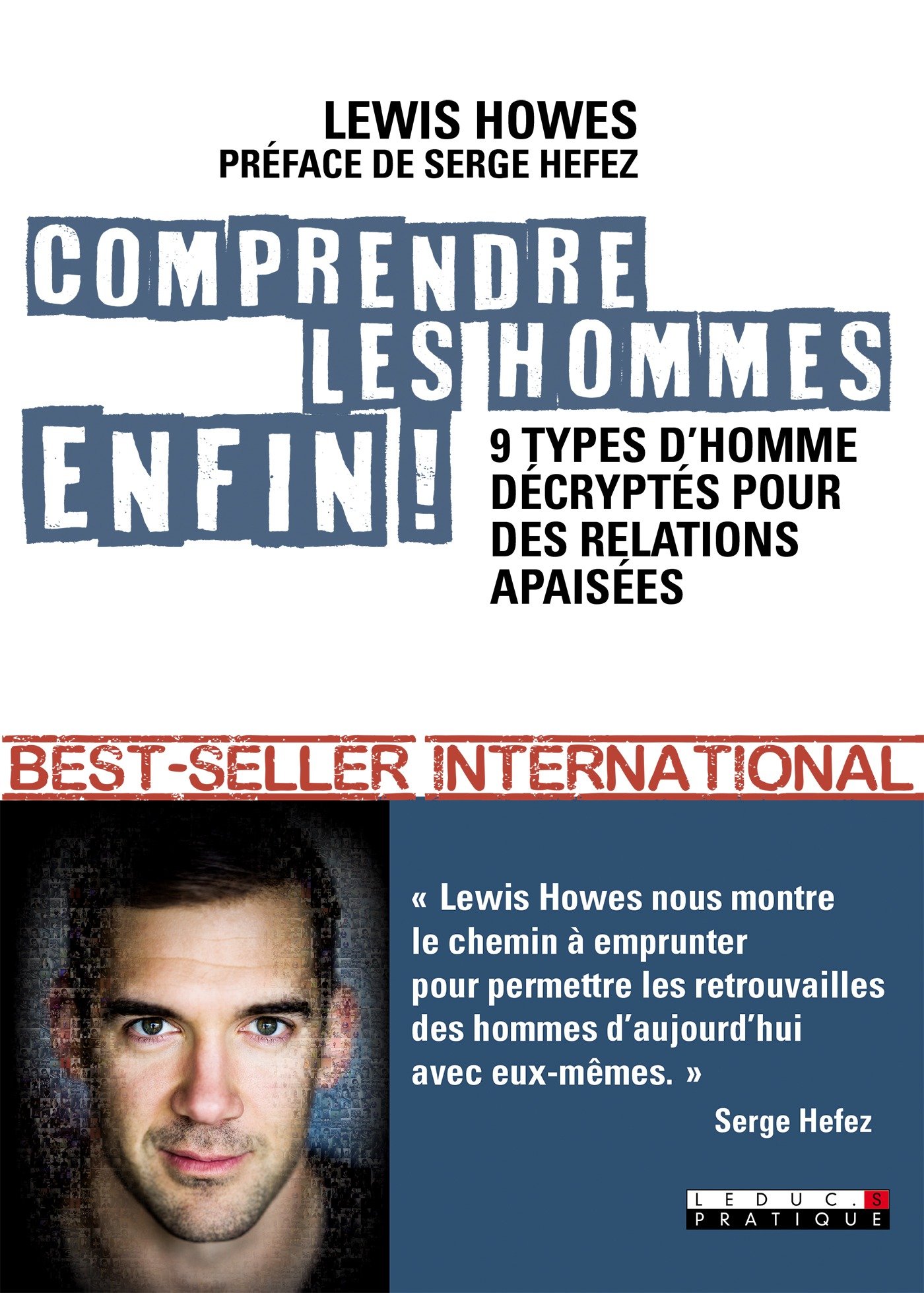What do you think?
Rate this book


At 30 years old, Lewis Howes was outwardly thriving but unfulfilled inside. He was a successful athlete and businessman, achieving goals beyond his wildest dreams, but he felt empty, angry, frustrated, and always chasing something that was never enough. His whole identity had been built on misguided beliefs about what "masculinity" was.
Howes began a personal journey to find inner peace and to uncover the many masks that men – young and old – wear. In The Mask of Masculinity, Howes exposes the ultimate emptiness of the Material Mask, the man who chases wealth above all things; the cowering vulnerability that hides behind the Joker and Stoic Masks of men who never show real emotion; and the destructiveness of the Invincible and Aggressive Masks worn by men who take insane risks or can never back down from a fight. He teaches men how to break through the walls that hold them back and shows women how they can better understand the men in their lives. It's not easy, but if you want to love, be loved and live a great life, then it's an odyssey of self-discovery that all modern men must make. This book is a must-read for every man – and for every woman who loves a man.
256 pages, Kindle Edition
First published October 31, 2017